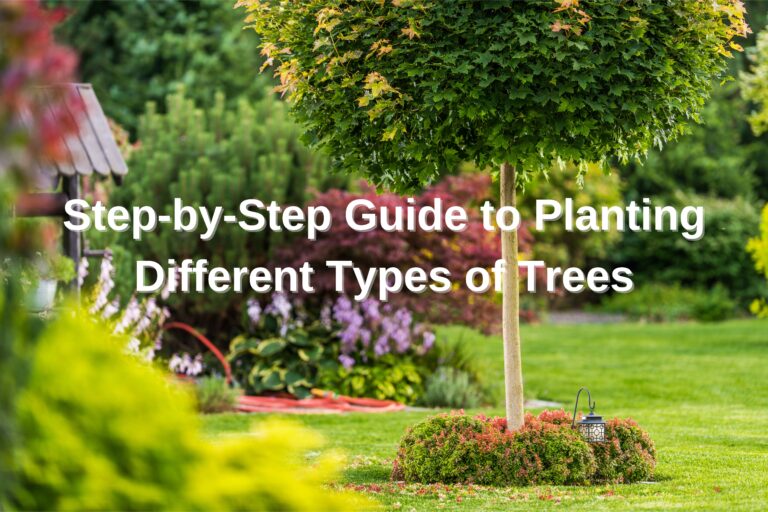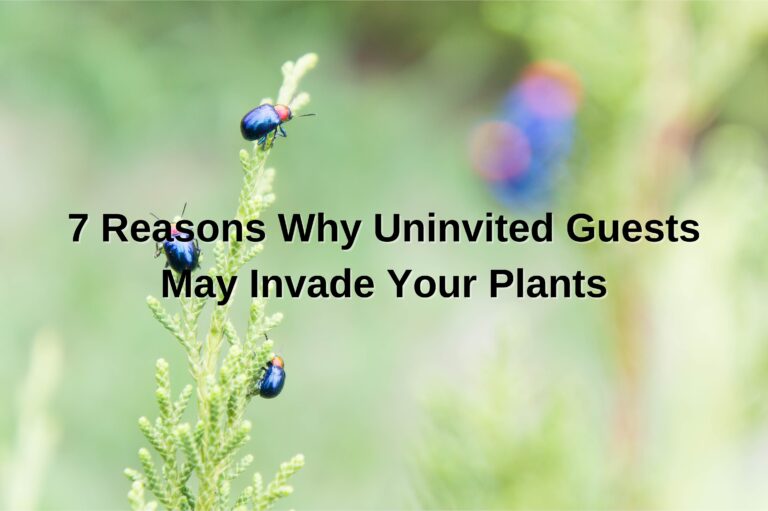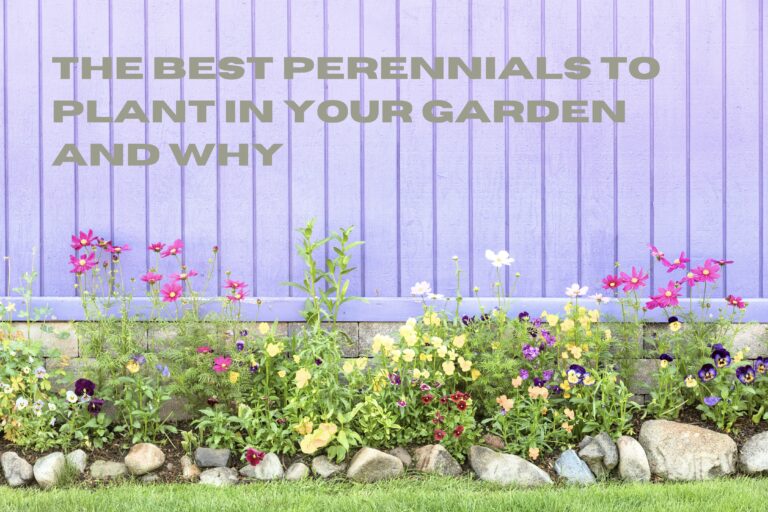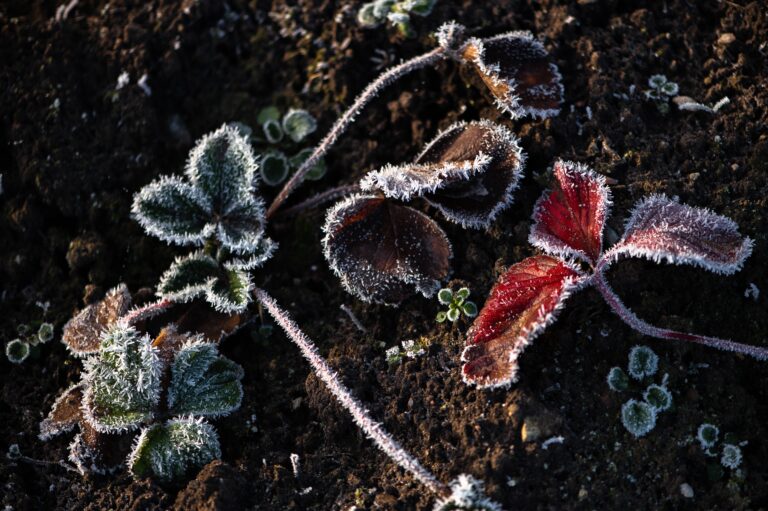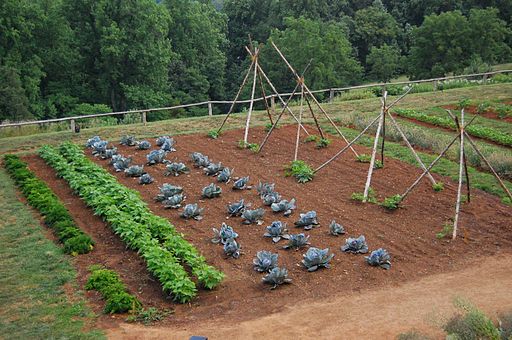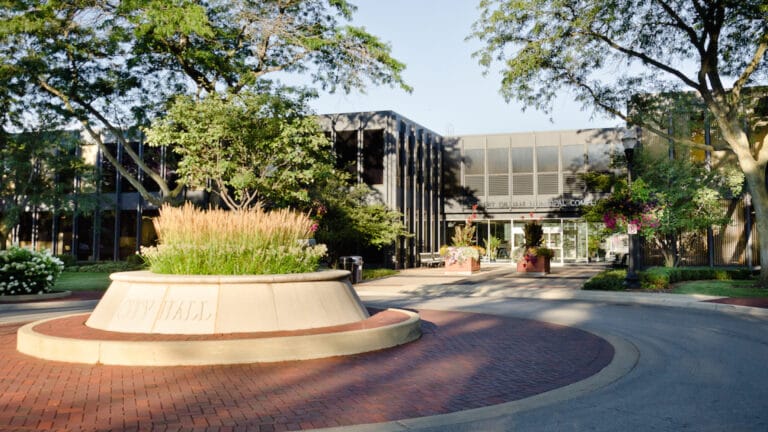Most gardeners for hire charge on an hourly basis. Prices tend to range from $40 – $50 per hour. For gardeners who charge toward the higher side, you should make sure they can identify your garden plants and the various types of weeds. Gardeners who have cheaper prices tend to have less experience, such as high schoolers or college students. If you decide to go the cheap route, you should keep a close eye on the kids and be very clear about what you want. Tell the gardeners what weeds you need pulled, where you want the bulbs planted, how to split the hostas and when to water your garden beds. Don’t just assume they will know these things. Gardening services usually include planting bulbs, pulling weeds and watering the garden.
